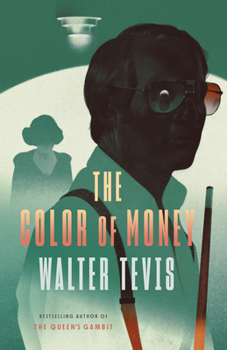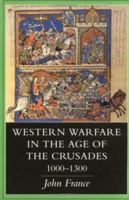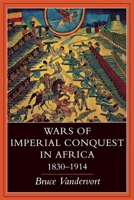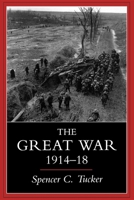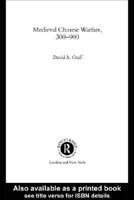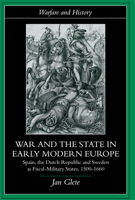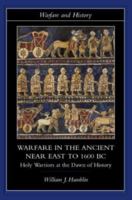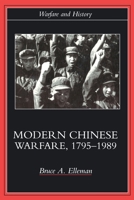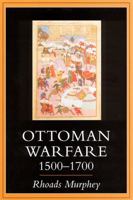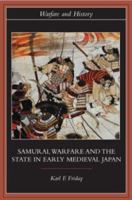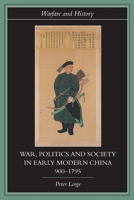Book Overview
The sequel to The Hustler sees former champion "Fast" Eddie Felson return to the thrilling world of competitive pool--from the bestselling author of The Queen's Gambit. The basis for the famed Martin Scorsese film. "Tevis writes about pool with power and poetry and tension.... Grabs the reader and doesn't let go. You don't have to appreciate pool to like this book, to appreciate its sense of living on the edge." --Washington Post Twenty years have passed since "Fast" Eddie Felson conquered the underground pool circuit. During that time he married and ran his own pool hall, but having left that all behind he's now badly in need of money, and pool is all he knows. On the beautiful aquamarine waters of the Florida Keys, he ropes his former rival Minnesota Fats into a series of exhibition matches in the hopes of picking up a cable TV deal. But playing the old master, a terrible feeling nags at him that he's sat on his talent and that the best part of him is now gone. And when he vows to get back in the game--seriously, this time--he finds a challenging road ahead, and the only thing standing in his way is himself.
Format:Paperback
Language:English
ISBN:0593467493
ISBN13:9780593467497
Release Date:February 2022
Publisher:Vintage
Length:288 Pages
Weight:0.68 lbs.
Dimensions:0.9" x 5.0" x 7.9"
Related Subjects
Asia General History India Religion Religion & Spirituality Spirituality Travel Travel Writing WritingCustomer Reviews
5 customer ratings | 5 reviews
There are currently no reviews. Be the first to review this work.











